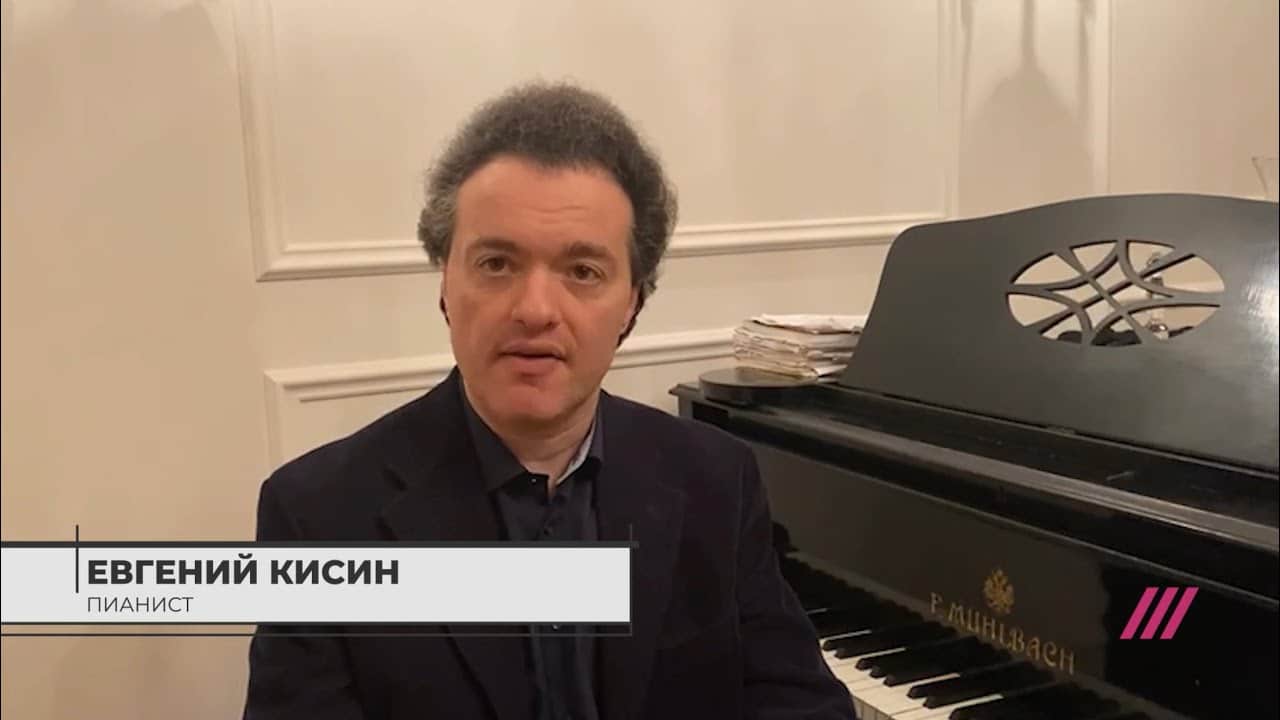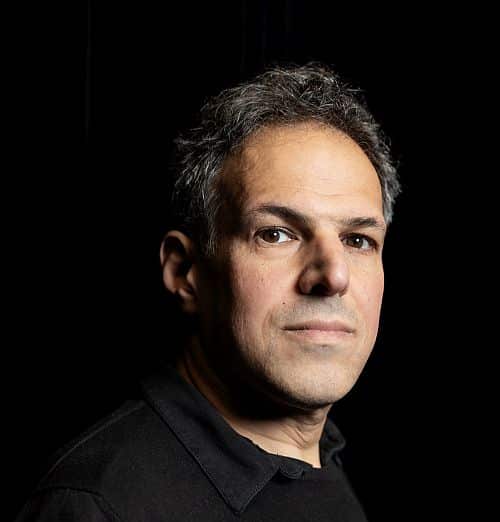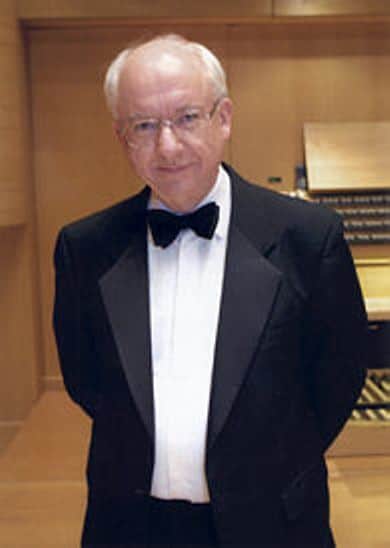Breaking: China cancels Kissin
NewsEvgeny Kissin’s recital in Hong Kong on November 16 has been cancelled. The presenter – the Leisure and Cultural Service Department – has given no reason.
Our sources say China may have banned Kissin over his hostile attitudes to its Russian ally, Putin. Others say the Chinese are offended that he has sandwiched Hong Kong between recitals in Tapiei and South Korea.
Either way, HK fans are upset.






Comments